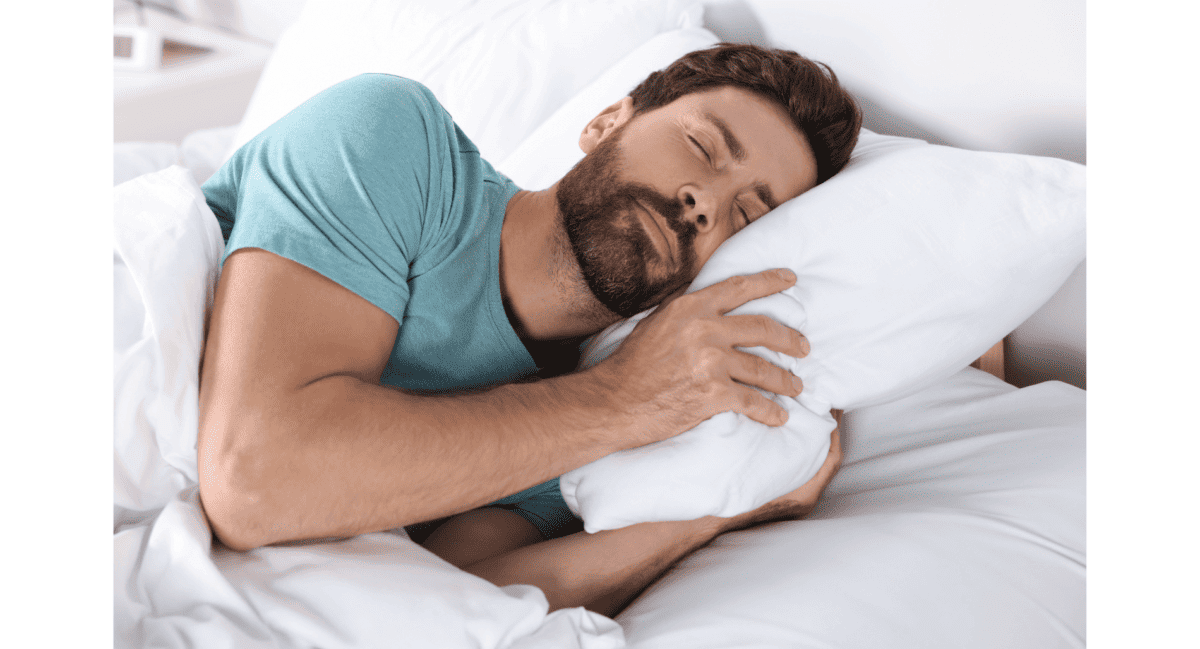When it comes to well-being, the significance of a good night’s sleep cannot be overstated. It’s the essential pause that rejuvenates both body and mind, setting the stage for a productive day ahead. But what happens when sleep is interrupted by the devices that help us hear?
The impact of hearing aids on sleep quality is a well-proven topic. For those who rely on these devices to navigate the auditory landscape, understanding how they may influence the realm of dreams and rest is crucial.
Let’s delve into the intricacies of this relationship, considering the potential challenges and benefits that individuals with hearing aids might encounter when it’s time to rest
Hearing Aid Challenges
Wearing hearing aids to bed may pose some challenges. The discomfort caused by the physical presence of the device, combined with the pressure against the ears, can be a potential deterrent to a peaceful night’s sleep. Additionally, the subtle hum of the device might become more pronounced in the night, potentially disrupting the tranquility needed for quality sleep.
However, it’s not all about challenges. Some individuals find that their hearing aids contribute positively to their sleep routine. Modern hearing aids often come equipped with features that can be customized to suit different environments. This includes a sleep mode that minimizes unnecessary sounds and adapts to the quieter nature of nighttime surroundings.
Furthermore, for those with certain types of hearing loss, the use of hearing aids during sleep might have a profound impact on their overall well-being. Hearing loss is not confined to waking hours, and the ability to perceive important sounds, like a smoke alarm or a doorbell, can be crucial at any time of day or night. For these individuals, the security and confidence that hearing aids provide, even during sleep, can be invaluable.
Understanding Your Sleeping Habits
When exploring the impact of hearing aids on sleep, it’s essential to consider individual preferences and habits. Some may find solace in the comforting hum of white noise emitted by their hearing aids, creating a gentle auditory backdrop that drowns out disruptive sounds. Others may opt for a more minimalist approach, seeking the quietude of the night without the accompaniment of electronic devices.
As technology continues to advance, so do the features of hearing aids. Manufacturers are increasingly aware of the multifaceted nature of their users’ lives, and this includes recognizing the importance of a good night’s sleep. The integration of intelligent algorithms, adaptive programming, and user-friendly controls are transforming hearing aids into versatile companions that can seamlessly transition from day to night.
Navigating Sleep Quality
In navigating the impact of hearing aids on sleep quality, communication with healthcare professionals becomes paramount. Personalized advice and adjustments can make a significant difference in how individuals experience the coexistence of their hearing aids and their nighttime routines.
While challenges may exist, so do opportunities for improvement and adaptation. As we peer into the future, the prospect of even more user-friendly hearing aids immense promise!

